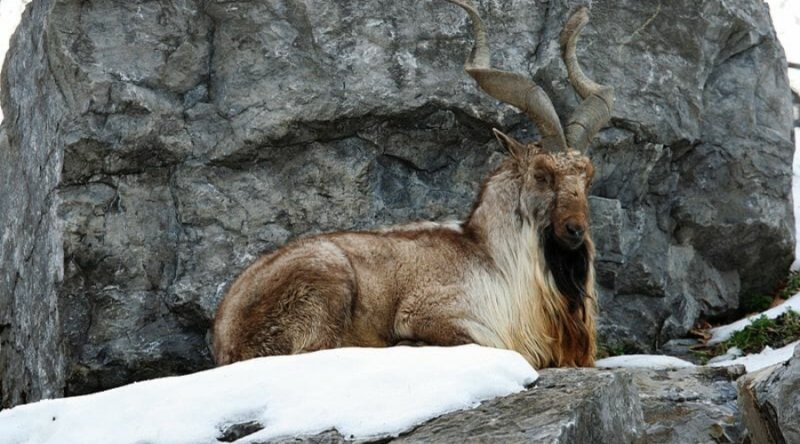Providing a balanced and nutritious diet is vital for the health and well-being of our beloved pets. Just like humans, different pet species have unique nutritional requirements that must be met to support their growth, development, and overall vitality.
In this article, we will explore the importance of a balanced diet for pet food and delve into the specific nutritional needs of different pet species, including dogs, cats, birds, rabbits, and reptiles. Understanding these requirements will help you make informed choices and ensure that your pets receive the optimal nutrition they need to thrive.
Dogs:
Dogs are omnivorous animals that require a balanced diet consisting of proteins, carbohydrates, fats, vitamins, and minerals. Here are some key nutritional considerations for dogs:
a. Protein: Dogs require high-quality animal-based proteins for healthy muscle development and maintenance. Sources such as lean meats, fish, and eggs are essential.
b. Carbohydrates: Complex carbohydrates like whole grains and vegetables provide energy and fiber for digestion.
c. Fats: Healthy fats, such as those found in fish oil or flaxseed oil, are important for skin and coat health, as well as providing essential fatty acids.
d. Vitamins and Minerals: Dogs need a variety of vitamins and minerals for overall health. These can be obtained from a balanced commercial dog food or through supplementation if necessary.
Cats:
Cats are obligate carnivores, which means they require a diet primarily composed of animal-based proteins. Here are some nutritional considerations for cats:
a. Animal Protein: Cats require a higher protein content in their diet compared to dogs. Quality sources of animal protein, such as meat, poultry, and fish, should be the foundation of their diet.
b. Taurine: Cats need taurine, an amino acid found in animal tissue, for proper heart function and eye health. Ensure that their diet includes adequate levels of taurine.
c. Moisture Content: Cats have a low thirst drive, so it’s important to provide them with wet food or ensure they have access to fresh water to maintain proper hydration.
d. Essential Nutrients: Cats require specific vitamins, minerals, and fatty acids, such as arachidonic acid, which can be found in animal-based fats.
Birds:
Birds have specific dietary needs based on their species and size. Here are some general nutritional considerations for birds:
a. Balanced Diet: Birds require a balanced diet consisting of high-quality commercial bird feed, supplemented with fresh fruits, vegetables, and occasional protein sources like cooked eggs or mealworms.
b. Calcium and Vitamin D: Birds need adequate calcium and vitamin D for proper bone health. Calcium can be provided through cuttlefish bones or mineral blocks, while vitamin D is synthesized through exposure to natural sunlight or specialized avian lighting.
c. Variety of Foods: Offering a variety of fruits, vegetables, and grains ensures that birds receive a wide range of essential nutrients.
Rabbits:
Rabbits are herbivores and have specific dietary needs for their unique digestive system. Here are some nutritional considerations for rabbits:
a. Hay: High-quality hay, such as timothy or orchard grass, is the foundation of a rabbit’s diet. It provides essential fiber for digestion and maintains healthy dental health.
b. Fresh Vegetables: A variety of fresh vegetables, such as dark leafy greens, should be offered daily to provide additional nutrients.
c. Limited Pellets: Pellets formulated specifically for rabbits can be given in moderation to ensure they receive the necessary vitamins and minerals.
Reptiles:
Reptiles have diverse nutritional requirements based on their species and habitat. Here are some general nutritional considerations for reptiles:
a. Species-Specific Diet: Research the specific dietary needs of your reptile species and replicate their natural diet as closely as possible. Some reptiles may require live prey, while others can thrive on commercially available reptile food.
b. Calcium and Vitamin Supplements: Reptiles often need additional calcium and vitamin D3 supplementation to support bone health and proper metabolism. Consult with a reptile veterinarian to ensure correct dosages.
c. Gut Loading: For reptiles that eat insects, “gut loading” involves feeding nutritious foods to the insects before offering them to the reptile. This ensures that the reptile receives essential nutrients through its prey.
Conclusion:
Understanding the unique nutritional requirements of different pet species is crucial for providing a balanced diet and ensuring their overall health and well-being. Whether you have a dog, cat, bird, rabbit, or reptile, tailoring their diet to meet their specific needs will help them thrive. Consult with a veterinarian or avian/exotic specialist to create a personalized feeding plan that takes into account your pet food, pet’s age, breed, activity level, and any special dietary considerations. By providing a nutritious diet, you are giving your pets the foundation for a long and healthy life.



